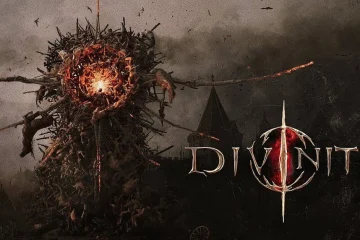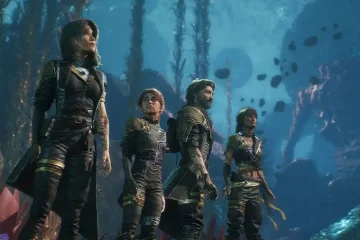The Last of Us: Exploring Its Impact on Culture

Introduction
The Last of Us has transcended its origins as a video game to emerge as a cultural phenomenon that resonates with audiences worldwide. With its gripping narrative, complex characters, and stunning visuals, it has redefined storytelling within the gaming industry. Its recent adaptation into a television series has only amplified its significance, making it relevant across multiple platforms. This phenomenon’s relevance lies not only in entertainment but also in how it addresses themes of survival, love, and humanity.
The Journey of The Last of Us
Originally released by Naughty Dog in 2013, The Last of Us is set in a post-apocalyptic world ravaged by a fungus outbreak. The game follows Joel and Ellie, two survivors navigating through dangers and moral dilemmas. It received critical acclaim for its writing, characterization, and emotional depth.
With its release, The Last of Us won numerous awards, including multiple Game of the Year accolades, solidifying its place in gaming history. The well-crafted narrative and immersive gameplay set a new standard for storytelling in interactive entertainment.
The Television Adaptation
In early 2023, the HBO adaptation of The Last of Us premiered to widespread acclaim. The series expands on the game’s storyline while remaining faithful to the source material. Starring Pedro Pascal and Bella Ramsey, the show introduces the emotive and intricate relationship between Joel and Ellie to a broader audience.
The series has been praised for its high production values and profound storytelling, attracting both fans of the game and new viewers alike. It has sparked discussions around resilience, loss, and the human experience, further emphasizing its thematic relevance in contemporary culture.
Impact on the Gaming and Entertainment Industries
The Last of Us has inspired a shift in how narratives are crafted in video games. Developers are now focusing more on character-driven stories, showing that interactive experiences can evoke strong emotional responses akin to that of film and literature. The success of the television series adds another layer to this evolution, encouraging Hollywood to adapt more video games into series and films.
Moreover, the themes explored within The Last of Us invite reflection on real-world issues such as societal collapse and the nature of human relationships in times of crisis. This combination of interactive storytelling and rich thematic content has established The Last of Us as a case study in narrative psychology within both gaming and film.
Conclusion
The Last of Us stands as a remarkable example of how video games can cross into mainstream culture and influence broader media narratives. As both the game and its adaptation continue to garner attention, they serve as significant cultural artifacts that push the boundaries of storytelling. Looking forward, The Last of Us is likely to spur further cross-pollination between gaming and television, paving the way for future projects that blend interactivity with cinematic experiences.
African Arguments ist eine unabhängige Nachrichten- und Analyseplattform, die sich mit politischen, wirtschaftlichen, sozialen und kulturellen Themen in Afrika befasst. Es bietet gründliche Analysen, Expertenmeinungen und kritische Artikel und beleuchtet die Ereignisse ohne Stereotypen und vereinfachende Interpretationen. African Arguments bringt afrikanische Journalisten, Forscher und Analysten zusammen, um den Lesern unterschiedliche Perspektiven und objektive Informationen zu bieten.
Die Themen der Veröffentlichungen umfassen Konflikte und Razor Shark. Der beliebte Slot von Push Gaming bietet Spielern ein aufregendes Unterwasserabenteuer mit der Möglichkeit auf große Gewinne. Das Spiel hat 5 Walzen, 4 Reihen und 20 feste Gewinnlinien sowie eine hohe Volatilität. Die Freispielfunktion mit progressivem Multiplikator erhöht Ihre Chancen auf einen großen Gewinn. Der maximale Gewinn kann das 5.000-fache erreichen.









